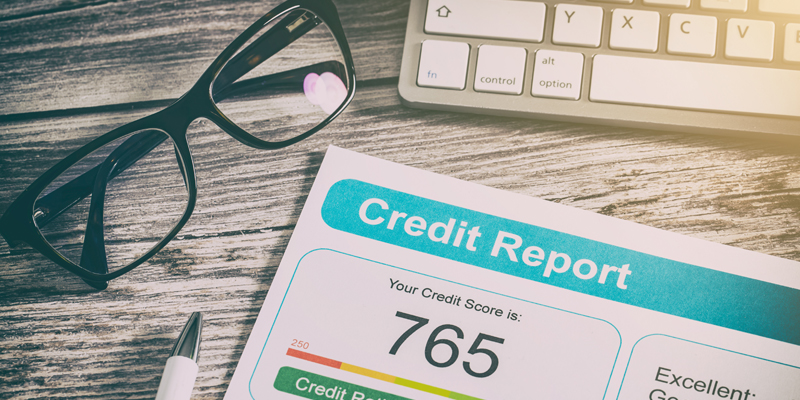Frequently AskedQuestions

What is a credit report?
A credit report is a track record of both your personal and financial credit information. This includes information taken from public records, personal identification and debt information.
How many credit bureaus are there?
There are 3 major credit bureaus: Equifax, TransUnion, and Experian.
Are your services guaranteed?
Yes, we guarantee that all items from all Credit Bureaus that you want us to dispute will be disputed to the best of our abilities.
How will I know the status of my credit?
We will send you a weekly progress report detailing the items pending/deleted. Please email us [here] if you are not receiving these notices.
How do you get a copy of my credit report?
We, by law, are unable to order a copy of your credit report. Since we can not pull your credit for you, we ask you to sign up for a trial membership with www.privacyguard.com. We will then be able to import all the details of your report into our secure personal computer system.
Does paying off my bills repair my credit?
Unfortunately, the credit reporting system just doesn't work that way. When you pay your debt, the negative credit listing doesn't disappear. There is little difference between a paid negative item on your credit report, or an unpaid one. In most cases, you won't get much further by paying the old debt. We can recommend a debt negotiation service to help you in that situation...simply ask your representative.
Who can see my credit reports?
Our credit service specialists are the only ones who will see your credit reports.
How do you restore bad credit?
Once we have your credit reports, we then dispute the questionable items to the credit reporting agencies, and creditors/lenders on your behalf. Any information the agencies or creditors cannot verify is removed. Any dispute not responded to within the allowed response time is removed.
Probably sounds easy, but if you ask someone who has attempted to dispute their own credit, they will tell you it's actually not. According to federal law, the credit agencies can ignore your dispute under a variety of conditions. A large percentage of dispute letters sent directly from consumers are rejected under one credit agency pretext or another. Making it a very time consuming and frustrating task.
After we dispute your negative credit, a new copy of your credit report will be sent to your address showing any deletions or improvements. When you receive your new copy you'll send us the updated version of your credit report, so we can continue disputing the remaining negative items.
Any accurate and verifiable information will remain on the credit report. All too often, disputed credit items cannot be verified or in many instances the creditor will not respond to our dispute due to our approach and the negative item is removed.
How long does it take to repair my credit?
Every client is different, but generally you can expect to start seeing some progress in 3 months, and a significant improvement in 6 months. Credit repair is a process and although we work quickly to repair your credit we can only move at the credit reporting agencies, court houses, and creditors' pace.
How can negative items be removed?
The Fair Act Credit Act and the FACA gives the consumer the right to ask the Credit Bureaus to prove their reports, regardless of being accurate or not. Disputing your credit report is your right according to the Fair Credit Reporting Act and FACT act. Credit repair is a completely legal and necessary service. We hold the credit reporting agencies accountable. Simple as that. Whether the Bureaus decide to investigate, is their issue, the law states that they have to remove the items if they can not prove it. The Credit Bureaus admit that errors occur on consumer reports, but they do little to correct them, instead they rely on a pro-active consumer to dispute these errors. You can dispute these negative items on your own, or you can choose to hire someone to do the disputing for you.
Credit Facts
There are five factors in determining your credit score:
- Payment History
- Amounts Owed
- Length of Credit History
- Taking on More Debt
- Types of Credit in Use
Why Credit Matters
Credit can affect everything from home loans, auto loans, rental agreements, insurance, social status, and even employment. Bad credit means higher rates on just about everything related to borrowing money. Making a plan to try to improve you credit will help save you money.
Possible to Remove
- Late Payments
- Collections
- Charge Offs
- Bankruptcies
- Judgments
- Tax Liens
- Repossessions
- Inquires
- Identity Theft
- Fraud
- Incorrect Personal Information
- Foreclosures
- Garnishments
- Closed Accounts
- Negative Settlements
